Iran's prominent Maddah, Mahmoud Karimi, did not expect his innovative method for holding mourning rituals in the first ten days of Muharram to be welcomed and used among the Iranian nation. Along with some other Maddah's, Karimi started to deliver pieces of eulogy in small and mobile Hay'ats of mourning.
The move can be translated as a true symbol of keeping the wheel of the Revolution run by the nation.
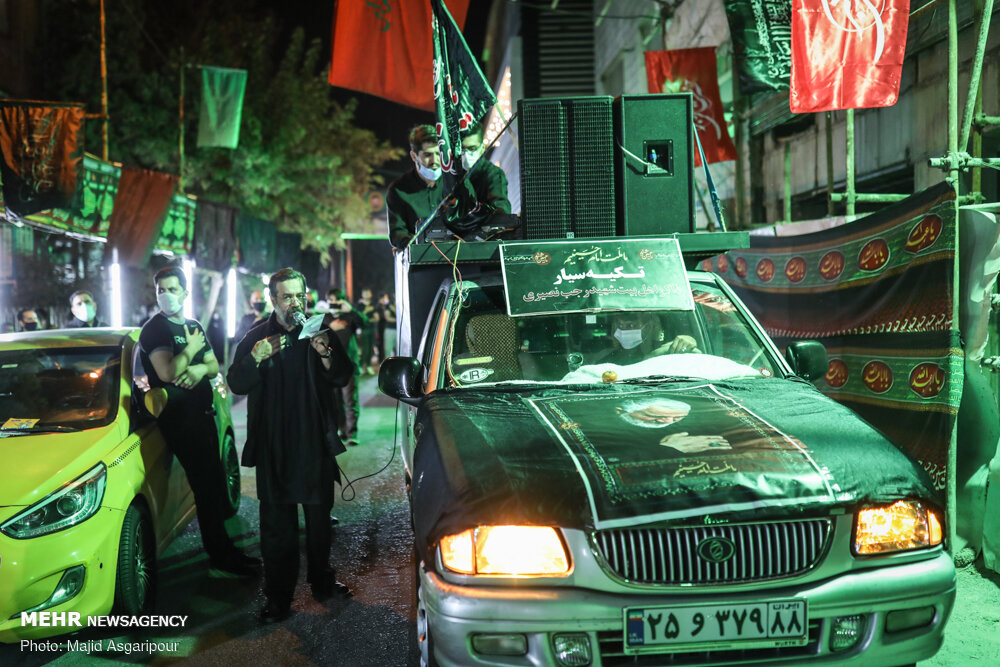
Among the most recent events in Iran, the outburst of the Covid-19 can be named as a new origin for the social history of the country. Shuffling the social structures of the country, the pandemic has created new definitions of the individual and society in Iran, in particular having Muharram mourning rituals held under the pandemic.
This year, one of the most popular rituals in the history of the Islamic Revolution are underway in Muharram. The nation's united and spontaneous participation in the rituals is unbelievable.
However, the nation had proved its powerful participation when it practiced supporting those living in the flood-hit regions several months ago. Various forces' assistance for those victims of the huge floods that hit several Iranian provinces last year illustrated important and new signs for the Iranian community. Participation of forces from the religious Hay'ats; Revolutionary organizations; Basij and other non-governmental organizations showed a new trend emerging from the body of the society in Iran.

Last year, volunteer forces, Basijis, clerics and other popular forces were the pioneers to help those in the flood-hit regions of Golestan, Khouzestan and Lorestan provinces survive the predicament in Iran.
The nation was still dealing with the consequences of the flood when a vicious and uninvited virus broke out in the country and started to claim the lives of the Iranians one after the other. The brave children of the Islamic Revolution, however, could manage to find their way out of the new disaster. Standing shoulder to shoulder with the country's indefatigable medical staff, the popular forces started their combat with the virus. From producing face masks and disinfectants to attending medical centers and hospitals, clerics and Basiji forces took part in the war against the coronavirus at the frontline.
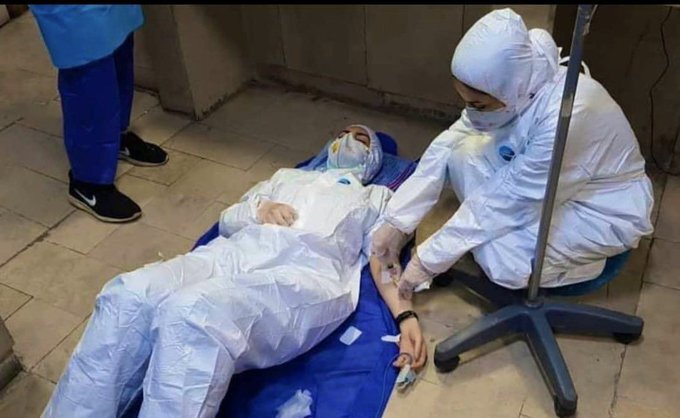
Under the pandemic, the Leader of the Islamic Revolution Ayatollah Sayyed Ali Khamenei called for the nation to participate in what he named as 'the Equality, Sincere Assistance Maneuver' in a bid to show sympathy and provide sincere assistance to the needy and the poor in society. People all across the country are still taking part unitedly in this maneuver to once again prove their support for each other. Thousands of livelihood foodstuff packages have been prepared and distributed among the needy and underprivileged people in various provinces all over the country.
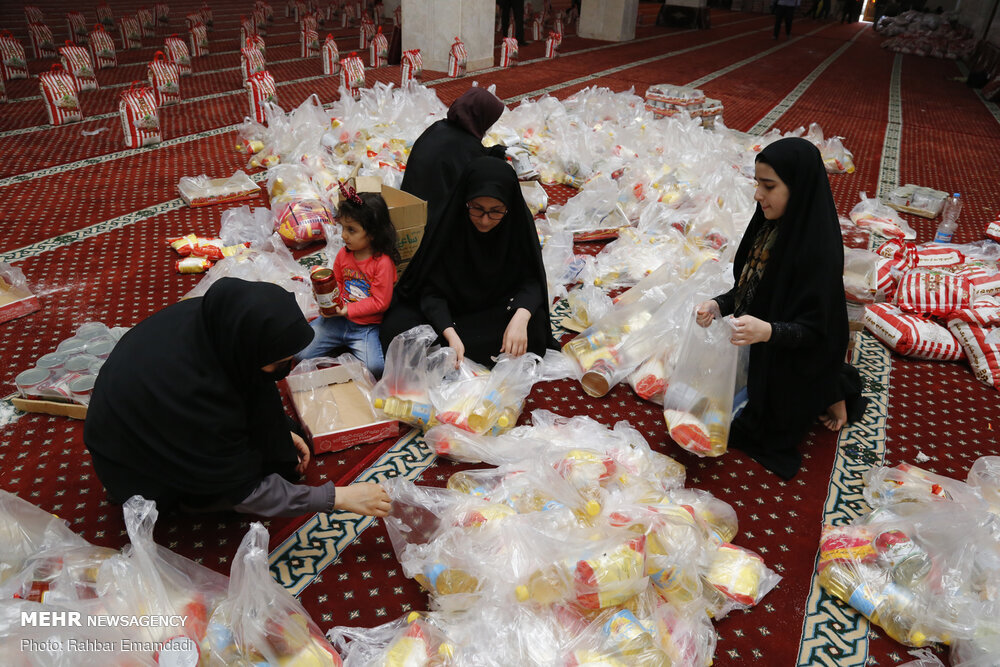
This year, Muharram rituals were held creatively under the pandemic. Famous Maddahs started delivering eulogy pieces walking on the streets instead of delivering them in Hay'ats that are always held in Hussainiyahs or buildings. The new model created for preserving anti-coronavirus protocols, taught all Maddahs across Iran to apply the novel method of mourning rituals, which is adaptable to pandemic conditions. It was warmly welcomed by the nation, as well.
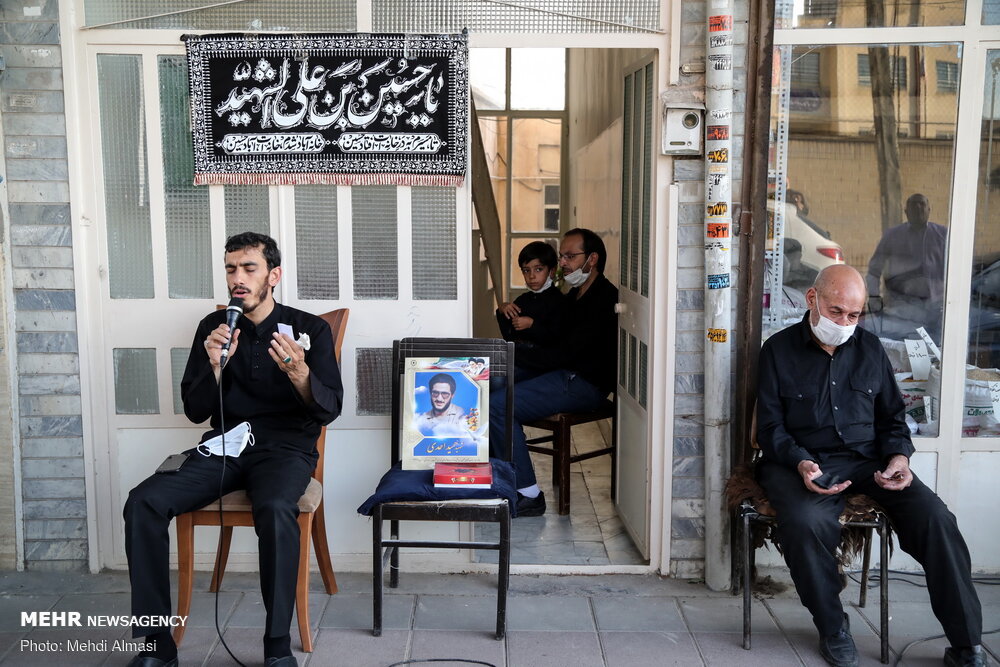
MNA/5007970


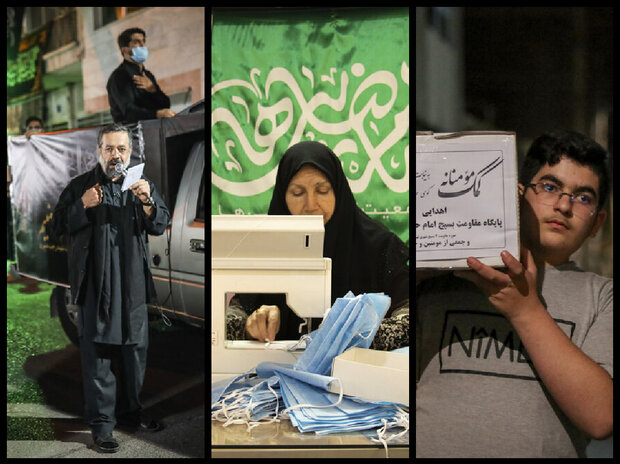



















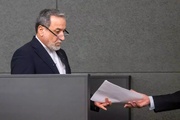



Your Comment